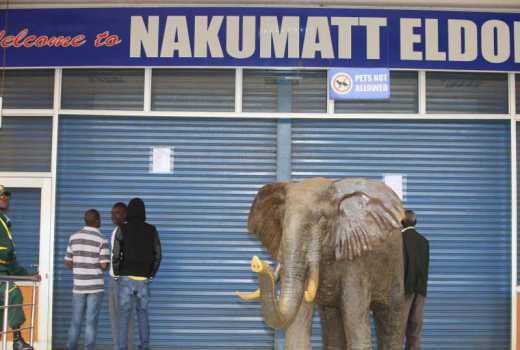
The latest eviction of Nakumatt supermarket from the Nanyuki Mall is a grim reminder of the rough times the company is going through. This follows similar evictions at the Thika Road Mall, Junction Mall, Eldoret and Meru branches.
A year ago, if one was told that Nakumatt would be in the precarious position it finds itself in today, it would have been dismissed as a hoax. Nakumatt is fighting court cases (including withdrawal of their lawyers) trying to hold on to the leases to the premises they strategically chose and it looks like a losing battle. One can draw parallels with the case of Lehman brothers as written by Andrew Ross Sorkin in his book ‘Too big to fail’, though on a much smaller scale.